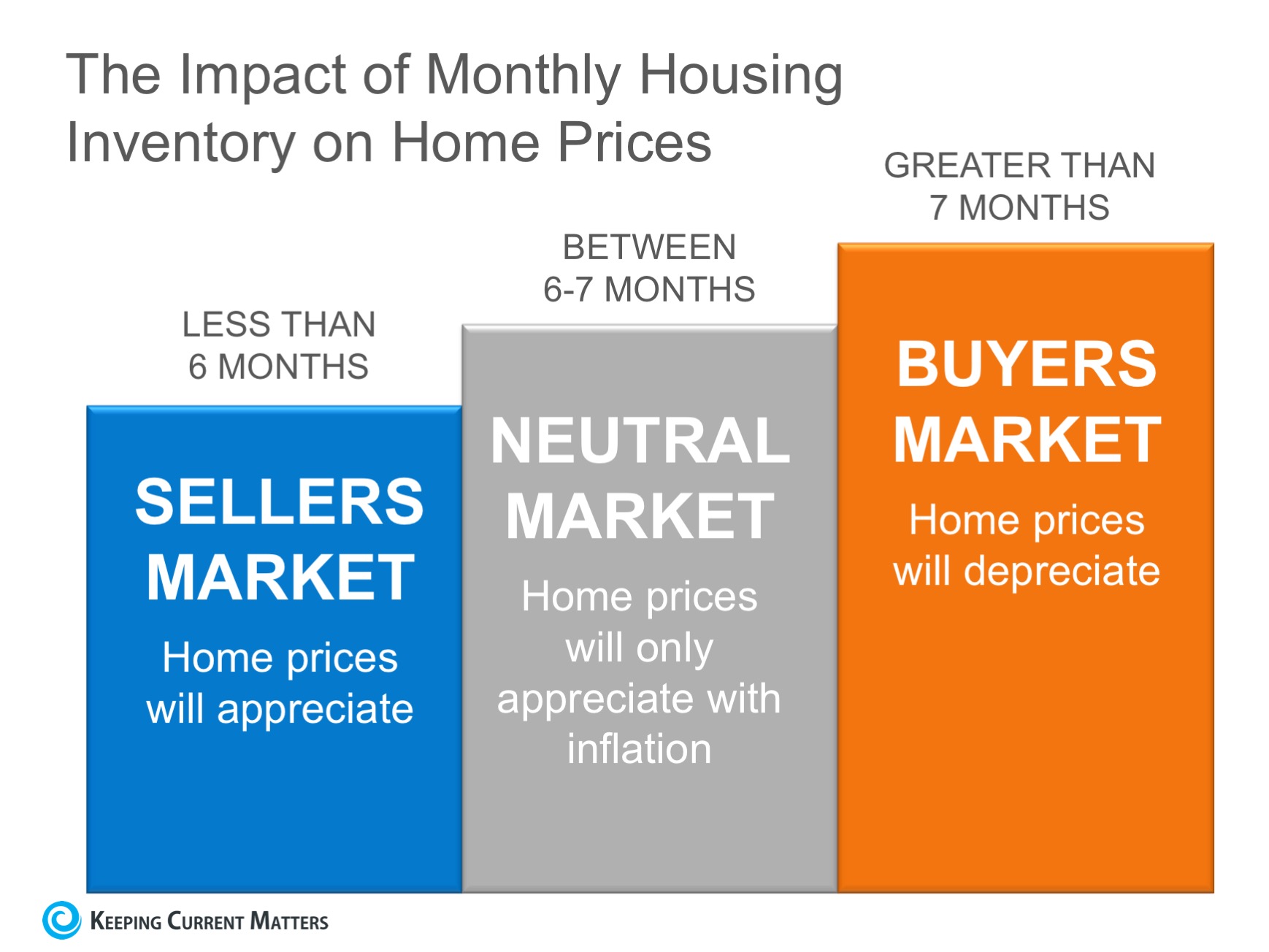You start dreaming of how wonderful it would be to own a home and start looking around the internet at homes.
It’s an admirable goal with lots of great benefits; building equity, improving your credit score, potential income down the road, but first and foremost it’s a place that you can call your own and build precious memories with your family.
“The distance between your dream home and owning a home is called action”
Dreaming about owning a home is the first and most important step, but buying your first home can be one of the most exhilarating and stressful moments of your life.
Armed with the right information, you can shop for a house, apply for a mortgage, and close the deal with confidence.
Where to Start
The most important thing to do before buying a home is to make sure that it’s the right time to buy. Generally owning a home for at least 5 year, pays of financially (Capital Gains tax benefit, this is for another post). You should play around with a Rent vs. Buy Calculator
THE STEPS
Step 1: How Much House Can You Afford?
I know it’s a touchy subject, but it’s an important one. If you stretch your budget to buy your primary residence that you can barely make payments on, it becomes a liability.
You should want to buy a home, because you want a home, not as an investment. Only buy a house that you can afford today!
As a rule of thumb try to keep your housing expenses (Mortgage, Interest, Property Taxes and Home owners insurance) at about 30% of your income, if you spend much more than that you risk the chance of finding it difficult to cover your monthly expenses.
Step 2: Get your Financial House in Order.
Imagine, you have been searching for the house of your dreams, you finally found it, you go ahead and make an offer, the next day you go down to your bank to apply for a mortgage only to find out that you are not financially qualified to buy it. Your credit score is too low. This could have been avoided with a little advance preparation.
Check Your Credit Score- It should not come as a surprise but getting a mortgage requires a good credit score. This would be a good time to look at your credit score.
You can do so at Credit Karma or Annual Credit Report both are free to sign up. Be sure to check for errors, this could include accounts that don’t belong to you, wrong addresses, and incorrect payment status.
Let’s say you applied for a store card, and the sales clerk miss spelled or gets your address partially correct on your application, it can be reported as having an “alias” which can be detrimental to your credit score. Errors can take a few months to correct so get a head start.
A fast way to improve your score is to pay down any credit card balances that you have and avoid using them for a few months before you apply for a mortgage, also avoid applying for a new credit card or loan until you have the keys to your new home.
When applying for a mortgage with a spouse or a partner even their credit score and history will be checked.
Save Cash for a Down Payment and Other Expenses
Having a good credit score is just part of the process. Typically down payments are 20% of the purchase price.
Even if you’re able to secure a Federal Housing Administration loan (FHA loan – for first-time home buyers only), you’ll still need to have at least a 3.5% down payment some loans will require a 5% down payment.
Let’s say you have a
Mortgage $500,000
Typical down $100,000 ($500,000 x 20%)
FHA 3.5% down $17,500 ($500,000 x 3.5%)
FHA 5.00% down $25,000 ($500,000 x 5.00%)
The more money you put down the less the loan amount you will have to take out. Typically banks only lend about 80% of the purchase price of the home.
As you are saving money for the down payment avoid the temptation to invest it in stocks or other investments. You are saving that money for a specific reason, keep it that way! Open an online savings account with banks such as Ally Bank where they give you about 1%.
Other expenses can be and are not limited to, fees for appraising your home, checking your credit score, preparing your mortgage documents (more about that below), if you are buying points to reduce your interest rate (for another discussion)
Step 3: Gather your Documents And Get Pre-Qualified.
When applying for a mortgage you can be sure that the banks will go over your financial records with a microscope. Typically you will need the following documents
1. W-2’s (or 1099 income statements) for last 2 years
2. Recent bank Statements
3. Federal Tax returns for last 2 years
4. Recent Paystubs and other proof of income
5. Proof of investment income if any.
Get pre-qualified for a loan. This can usually be done online or by calling your bank. When you get pre-qualified for a loan, the bank takes an initial look into your financials and based on that they tell you whether you are qualified or not for the loan amount you are requesting. This is a free and non-binding process which shows the seller that you are a serious buyer.
This will give you an idea of how much house you can afford. Getting pre-qualified is not the same as getting the loan approval that process requires a more in depth look at your financials by your bank.
Step 4: Applying For a Mortgage.
The process of applying for a mortgage can be a little intimidating, as stated above the bank will look at your finances with a microscope that said it is a process that is required for home ownership.
In order to better understand the mortgages we first need to look at the 4 common mortgage types
Fixed Mortgage- Typically a mortgage for 15 to 30 years (30 years being the most common) and as the name suggests a fixed interest rate. Bank Rate is a great place to check out the interest rates for your area.
Adjustable Rate Mortgage- is a mortgage where the interest rate fluctuates with the market and is typically 5 to 10 years long. The interest rate on this type of loan adjusts annually.
Balloon Mortgage- is a mortgage where you make small payments (interest only) for a fixed number of years and then pay the rest of the sum in one lump sum. Stay away from them!
FHA Loan- is a mortgage issued by federally qualified lenders and insured by the Federal Housing Administration (FHA). They are designed for low-to-moderate income borrowers who are unable to make a large down payment.
Be mindful of fees that the banks or mortgage broker may charge, these are not separate from the loan amount. As stated in step 2 there can be fees for the home appraisal, checking your credit score, preparing documentation, Private Mortgage Insurance (PMI) if your down payment is less than 20%.
In some cases, there may be an option to buy “points” at closing to reduce your interest rate. 1 point is equal to 1% of your mortgage amount (or $1000, for every $100,000).
In order to figure out if paying down your points is a good way to save money on your mortgage, you will need to figure out how long you need to stay in the home to save the amount you paid upfront to buy down the rate in your monthly payments. For instance, if you paid 2% or $8,000 to reduce your rate to 4% (from 6% the bank was initially asking) on the $400,000 loan, the monthly payment on the 30-year fixed mortgage will go from $2398.20 a month to $1909.66 a month. It would take about 17 months to see the $8000 come back in savings.
$2398.20 (payment at 6%) -$1909.66 (payment at 4%) = 488.54 * 17 (months)
“The only wrong way to get a mortgage is to walk into your local bank, ask for a loan officer and accept whatever rate they give you without ever shopping around”
You should compare mortgage rates online at Bank Rate, Lending Tree, your bank, your local credit union, and a mortgage broker.
Start the mortgage shopping process sooner rather than later, you may be able to get better rates, and have the peace of mind that you did your due diligence.
Step 5: Choose A Great Realtor.
Not all realtors are created equal. It is very important to have a great realtor on your side. Interview a few and see whom you are most comfortable with. They are there to guide you and serve you during this process.
When you go to an open house, never tell the agent you love the house, or give them any kind of information about how much you are willing to pay for the house. That agent represents the SELLER, not you!
There are 2 types of agents that you can work with.
Buyer’s Agents- is an agent who represents you, and only you in a real estate transaction. They agree to only represent you and your best interest. (They have a fiduciary duty towards you, meaning they have your best interest in mind)
Dual Agents- This type of agent is an agent that may represent the seller as well as you the buyer. This information has to be disclosed upfront when you decide to hire them. Both you (the buyer) and the seller have to agree to this.
They cannot provide you with a fiduciary duty because they represent both the seller and you the buyer. Not to say that this can’t work, but to avoid any conflict of interest, what most real estate agencies will do in this type of situation is they will assign 2 different agents, one to represent you and another to represent the seller. This is industry standard.
Step 6: Start your House Hunting
“Buy Land, they are not making it anymore –Mark Twain”
This step is probably the most fun for most people and stressful for some but with a little planning and advance preparation it can be truly enjoyable.
1) Window Shopping- If you want to browse homes in the neighborhood that you are looking to buy, the two main sites to browse are Zillow, Trulia. They will give you an idea about what different types of homes are there, the different layouts and a general idea about the area
2) Attend Open Houses- Attend any open houses in the area you are looking to buy. This will give you a better idea of the layout(s) and amenities possible in a home.
Now that you have an idea of what you are looking for in a house, it’s time to sit down and do some homework. Here is a link to a HUD PDF wish list from Housing and Urban Development (HUD). Make sure that you and your partner are on the same page, before going moving on. You can take this checklist and share it with your agent (they should ask you similar questions when you sit down with them).
3) Decide on a Realtor- Just like you would do some research on a doctor before you go visit them, do some research on your agent. A good agent should listen to you and your needs and be able to create a customized database of potential houses for you to look at. They are there to guide you.
One of the many questions that come to mind when hiring an agent is “Will I have to pay for their services?” Typically it’s the seller that pays the sellers and buyer agents commission.
Step 7: Making an Offer/Counter Offer
Once you have found the home of your dreams, it’s time to make an offer. Talk to your realtor about what is a fair and reasonable offer. If you keep making an unreasonable offer, you are just setting yourself up for disappointment. Always have a figure in mind of the maximum you are willing to go, and be prepared to walk away if you need to. Buying a home is as much an emotional decision as it a rational one, don’t let your emotions cloud your judgment.
There are 3 possible outcomes of making an offer
1) YES- Skip the rest of Step 7 and go straight to Step 8
2) NO- Something that we don’t like to hear, but it’s not the end of the world, if you get a no, make a counter offer, and see what happens.
3) Counter offer- Unless you lowballed your initial offer, the seller will usually counter offer, which you can either accept, reject or counter the counter offer.
This Tap dance will go on until both you and the seller agree on a price, or one of you decides to walk away.
Step 8: Closing on the House
Once you and the seller have verbally agreed on the price of the house, it’s time to put it in writing. The purchase contract essentially lists everything you negotiated verbally on paper. Typical clauses you can expect to see but are not limited to the following
1) Finance Terms and Conditions
2) If you agreed on the seller paying certain closing costs, they should be listed
3) Who is paying specific closing costs
4) Home inspection
5) Fixtures and Appliances (what the seller is leaving and what they are taking)
6) Closing date
7) Contingencies- Sales of existing home, mortgage approval
8) Legal description of property
9) Down payment amount information
10) Disclosure of lead paint (required for homes built before 1978)
11) Home warranties and warranties on appliances.
Step 9: Final Walk Through/A Home Inspection
One of the most important points in the whole process is the walk through. This is crucial and is done after you have signed a purchase contract, a lot can change from when you accept an offer and the closing; infestation, weather related damage, vandalism, the seller removing appliances that you had agreed to keep.
Never ever skip this step, and always hire a reputable company to perform a home inspection for you. Make sure you hire someone that is licensed, your agent may work with someone, but it’s always best to do some homework beforehand. Your agent should be there with you during this process.
The seller’s agent should provide you with a “seller’s disclosure statement” before the inspection. If they don’t then there should be a $500 Credit on the purchase price of your home in NY State.
Make sure that any modification to the house were done with a permit, if not you could be liable for bringing the house to code should you decide to remodel later.
Some of the things to look for in a home inspection are (this is a whole blog post itself)
1) Foundation of the house
2) Drainage issues
3) Roof
4) Exterior
5) Attic
6) Interior leaks
7) Basement
8) Electrical & Plumbing
9) Appliances
10) Heating & Cooling Systems
11) Any Odors
Step 10: Shop for Home Owners Insurance/Finalize Loan Approval
Assuming that the inspection goes well and you decide to move forward with the buying process, you will need to shop for home owners insurance. Your bank will require you to have this for the loan approval. The cost of homeowner’s insurance is typically rolled into your mortgage payment.
At this stage your bank or mortgage broker will be finalizing the loan, and may ask you for additional documents.
The Big Day
Closings usually take place at a title company’s office. Because you’re a buyer, you’re going to have a huge stack of papers to sign and initial. To ensure that the closing goes smoothly, make sure to bring the following items:
1. A certified or cashier’s check in the exact amount agreed upon.
2. You will have to pay the down payment, plus the closing costs — usually 3 to 5 percent of your home purchase price minus any earnest money you deposited.
3. The closing agent will tell you whether you need one check or two and to whom they should be payable.
4. Proof of home owners insurance. The closing agent needs to see proof you have home owners insurance in effect on closing day.
5. A valid driver’s license or passport as proof of ID.
6. If you are a first time home buyer, your attorney and your agent, they understand the process and represent your interests.
7. Purchase and Sales Contract. Just in case you need to double-check a detail against closing costs.
Congratulations! You’re a Homeowner
You’ve crossed all the T’s and dot all the I’s and the closing agent has handed you the keys to your new house, go out and celebrate!
Once you’re done celebrating, it’s time to think about moving in and securing your home, we can explore that in another post.
Source: Realty Times 122816







![Americans Are on The Move [INFOGRAPHIC] | Keeping Current Matters](http://www.keepingcurrentmatters.com/wp-content/uploads/2016/12/MovingAcrossAmerica2016-KCM.jpg)
